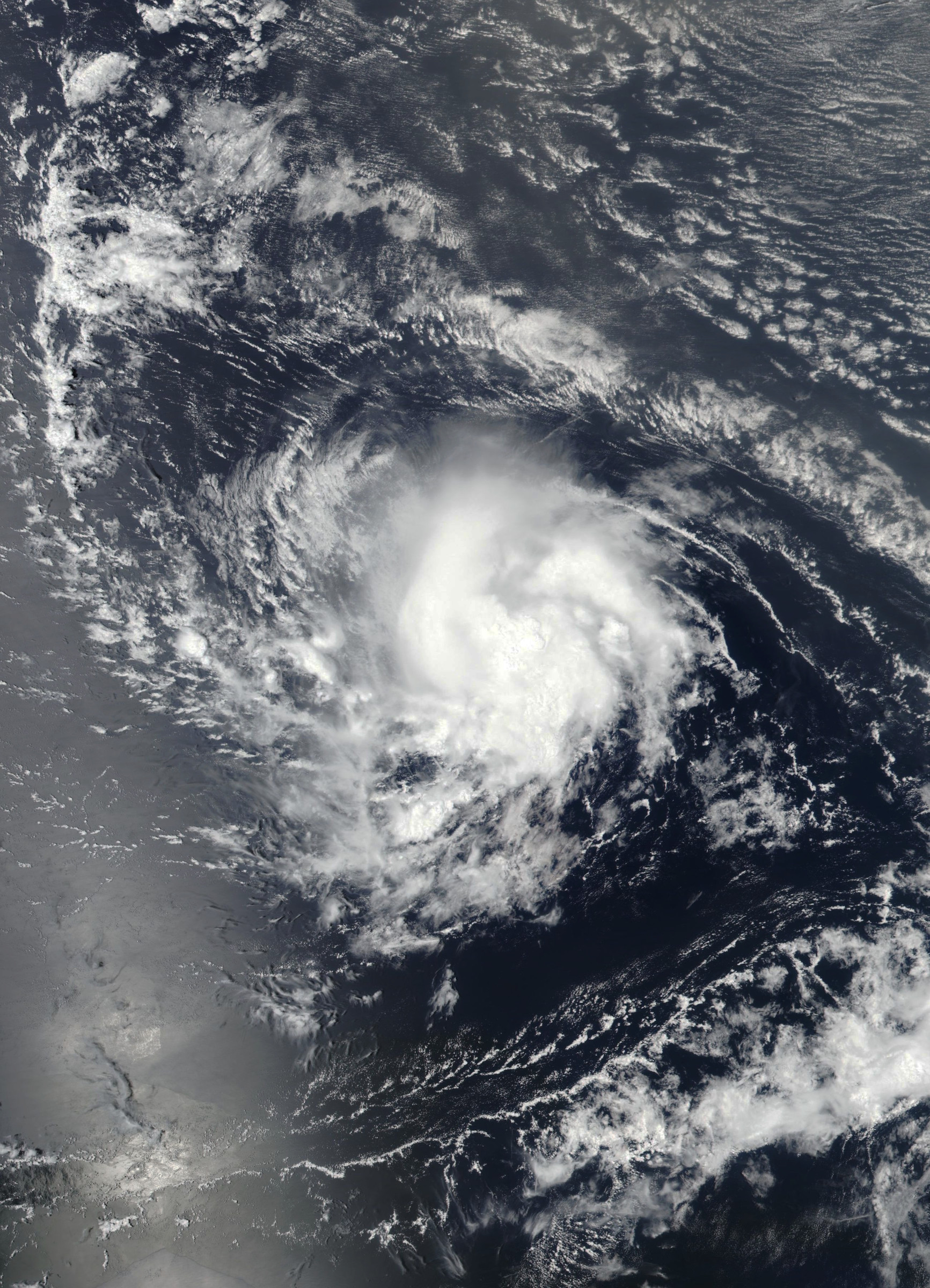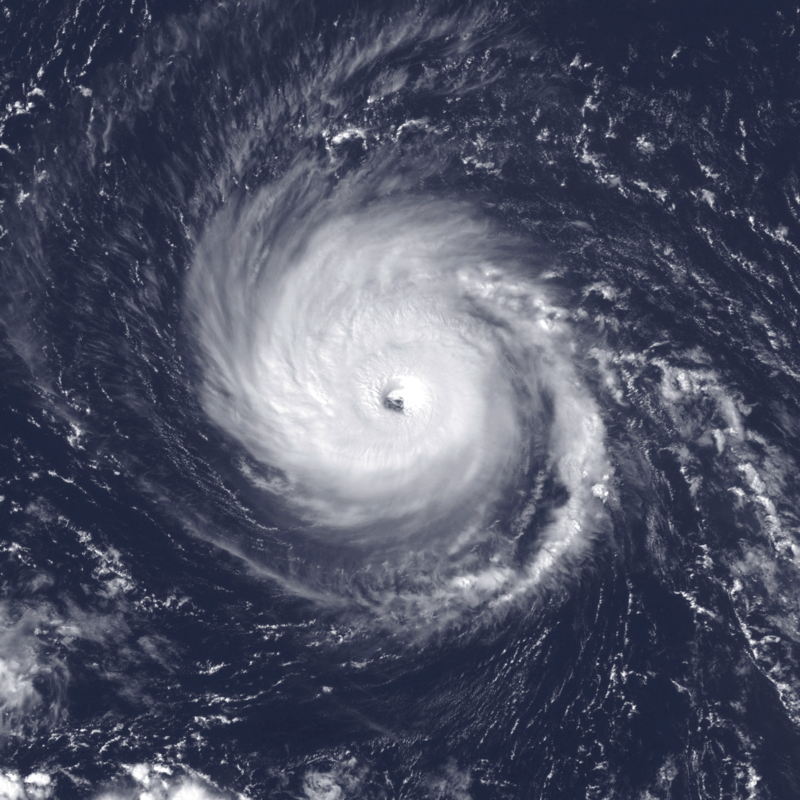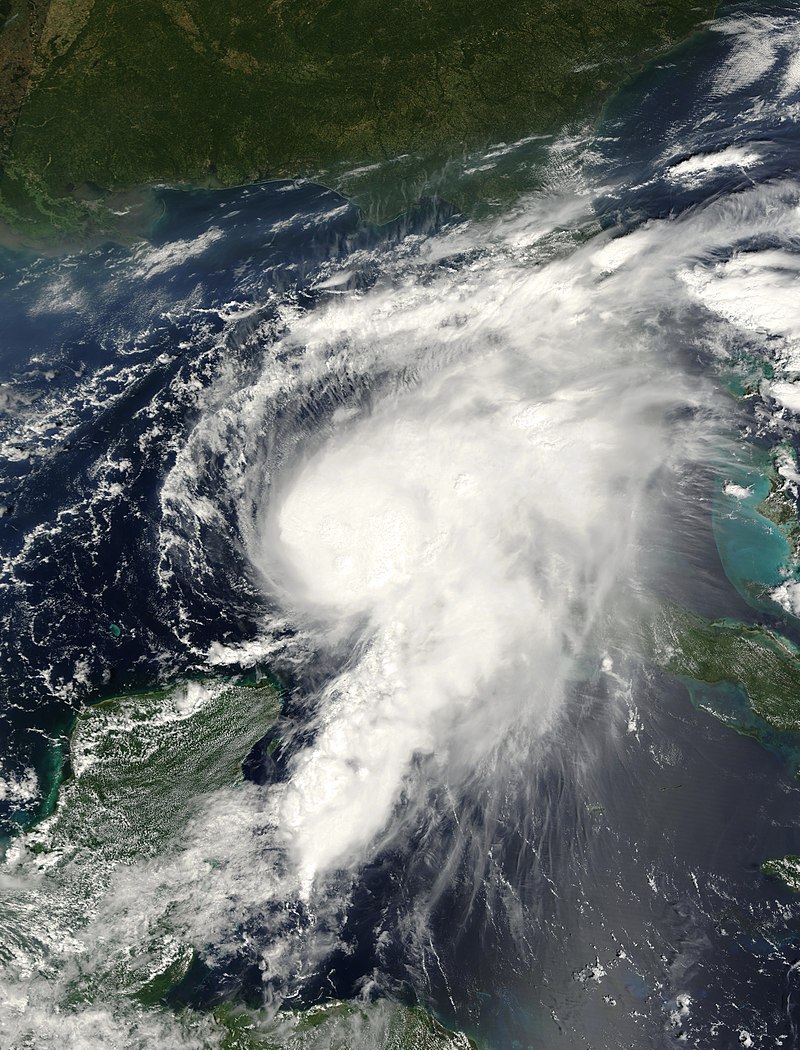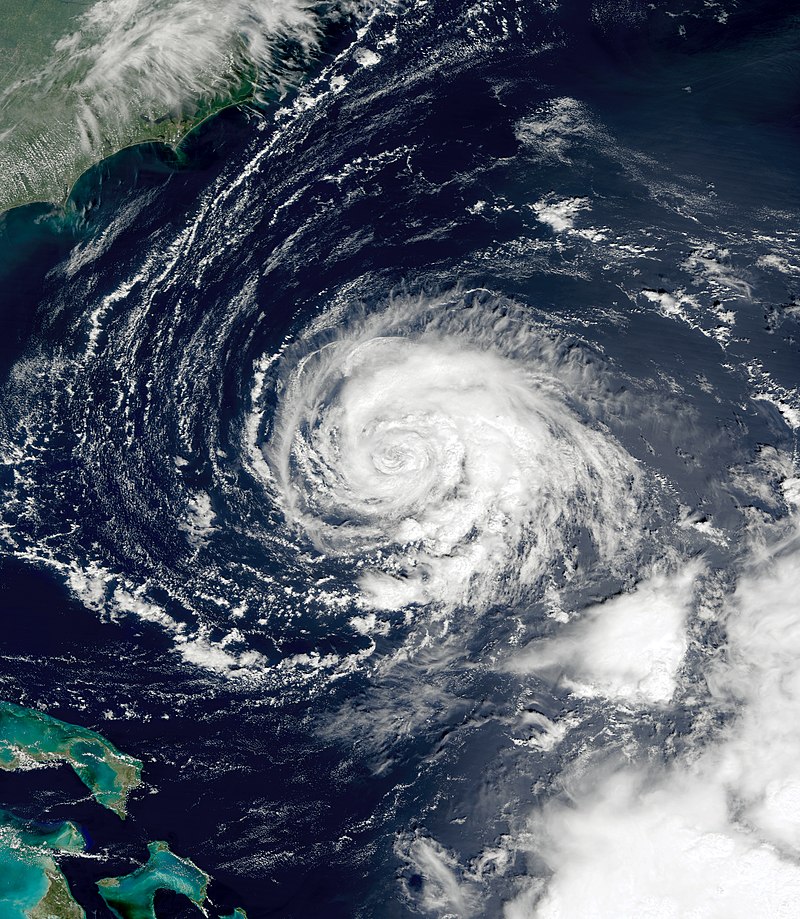Hurricane Isaac: a tropical cyclone that formed during the 2018 Atlantic hurricane season, originated from a tropical wave that emerged off the west coast of Africa on September 2. Gradual organization led to the formation of a tropical depression, which eventually intensified into a hurricane due to favorable atmospheric conditions. However, dry air and increasing wind shear caused Isaac to weaken, eventually dissipating into a tropical wave. This article provides a detailed account of Hurricane Isaac’s development, its impact on the affected areas, and offers suggestions for preparedness in the event of future hurricanes.
On September 2, 2018, a tropical wave emerged off the west coast of Africa, gradually organizing over the following days. This led to the formation of a tropical depression, which eventually intensified into a hurricane known as Isaac. The storm posed a significant threat as it traversed the Atlantic, affecting several regions before dissipating.
Development and Intensification: As the system developed, a well-defined center formed after a burst of deep convection on September 6. The depression officially formed on September 7, approximately 690 miles (1,110 km) west of the Cabo Verde Islands. Initially hindered by weak steering currents and moderate wind shear, the depression slowly moved westward until intensifying into Tropical Storm Isaac on September 8. Favorable conditions including warm ocean temperatures, abundant moisture, and low wind shear facilitated its further intensification into a hurricane by September 10.
Impact on Affected Areas: Isaac’s path brought it between Martinique and Dominica on September 13, where it had a notable impact. The high terrain of Martinique nearly caused the storm to dissipate, while Dominica experienced minor flooding and mudslides. Guadeloupe reported wind gusts peaking at 53 mph (86 km/h), resulting in numerous power outages. Saint Lucia encountered heavy rainfall, causing flooding in Anse La Raye and Castries, as well as downed trees in Barre de L’isle.
Damage and Losses: Although Hurricane Isaac did not directly result in any reported deaths, it caused significant damage to the affected areas. Dominica experienced minor flooding and mudslides, leading to infrastructure damage and disruptions to daily life. Guadeloupe faced power outages affecting hundreds of residents. Saint Lucia also suffered from flooding and property damage due to heavy rainfall and fallen trees.
Preparedness and Mitigation Measures: To protect against future hurricanes like Isaac, it is essential to be well-prepared and informed. The following measures are recommended:
- Stay updated with weather forecasts and evacuation orders issued by local authorities.
- Prepare an emergency kit, including essential supplies such as non-perishable food, water, flashlights, batteries, and a first aid kit.
- Secure loose items around your property to prevent them from becoming projectiles in strong winds.
- Have a family emergency plan in place, including communication strategies and a designated meeting point.
- Consider purchasing appropriate insurance coverage to mitigate potential financial losses.
Interesting Fact: A direct result of Hurricane Isaac in 2018 was an increased emphasis on improving early warning systems and disaster preparedness in the affected regions. The storm served as a reminder of the importance of preparedness measures and prompted efforts to enhance infrastructure resilience and response capabilities.
In conclusion, Hurricane Isaac’s development and subsequent impact on the Caribbean islands of Martinique, Dominica, Guadeloupe, and Saint Lucia in 2018 demonstrated the need for proactive measures to minimize damage and protect lives during future hurricanes. By staying informed, being prepared, and implementing mitigation strategies, communities can better withstand the effects of tropical cyclones and promote safety.




Leave a Reply